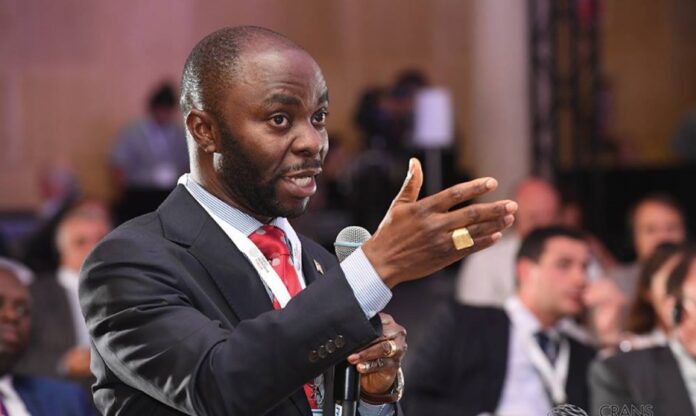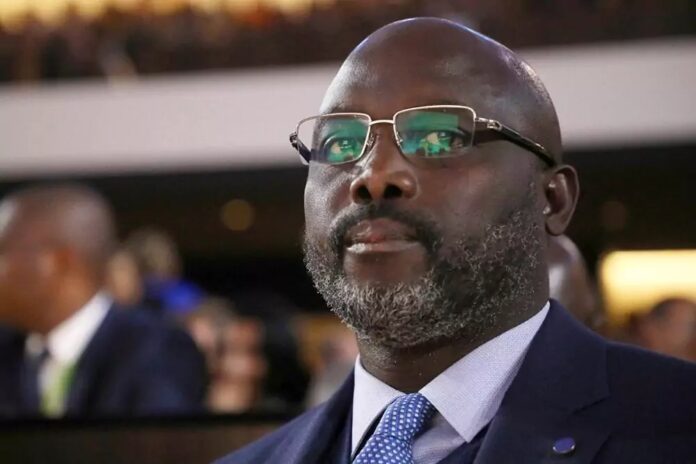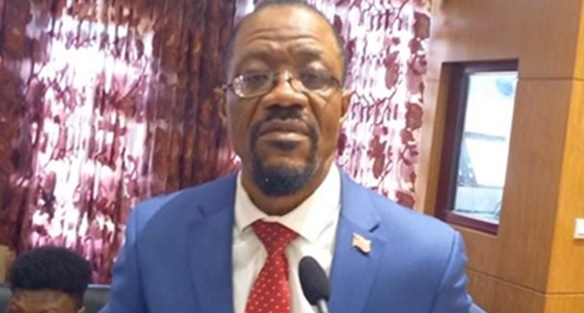MONROVIA, LIBERIA – Former Deputy Minister at the Ministry of Information, Culture Affairs and Tourism (MICAT), Isaac W. Jackson, Jr., has expressed strong opinions regarding the recent remarks made by Liberia’s 177th Independence Day Orator, Dr. Robtel Neajai Pailey. In a statement released on Tuesday, July 30, 2024, Jackson criticized both the content of Dr. Pailey’s speech and the Boakai administration’s decision to select her for the honor.
Jackson, who also served as Liberia’s Permanent Representative to the International Maritime Organization (IMO), voiced his concerns: “On the issue of the national oratory, I have absolutely no doubt it was wholly and entirely unwise for the National Orator to use the national podium to pillory and denigrate US-Liberia relations!”
He argued that President Boakai’s administration demonstrated a lack of sound leadership judgment by allowing an “inexperienced academic firebrand” to use the national platform to spread what he described as poison against the United States. Jackson emphasized the critical role the US played during Liberia’s Ebola crisis, highlighting the deployment of the US military to contain and combat the epidemic.
Jackson suggested that the foreign minister should be held accountable for this “diplomatic debacle,” arguing that she should have reviewed Dr. Pailey’s planned remarks. “The foreign minister should be made to walk the plank – because she bears the greatest responsibility for the entire debacle – having failed to review what this disrespectful academic firebrand had planned to spew against our important ally, the US – in the presence of China and Russia,” he stated.
In his critique, Jackson also targeted Dr. Pailey’s delivery, noting her “demeanour and body language” as indicative of her character and outlook. He questioned why she appeared hostile during her speech and suggested that institutions like the London School of Economics (LSE) should reconsider endorsing such individuals for major events.
Reflecting on the historical context, Jackson reminded readers of the US efforts during the Ebola crisis, contrasting this with what he described as Vice President Boakai’s lack of involvement while still drawing his full salary. “How dare Boakai and his minions denigrate the US like they did?” he questioned, asserting that addressing historical grievances through public outbursts only serves to undermine diplomatic efforts.
Jackson defended the US delegation’s decision to walk out during Dr. Pailey’s speech, arguing that it was their right to do so in response to her remarks. “In as much as Dr. Robtel Pailey relished her right to free speech, the Americans exercised their right to free movement,” he asserted.
He dismissed the Liberian Government’s position that Dr. Pailey was acting independently of the administration as “laughably absurd.” He argued that the government should have been aware of her views before granting her the national podium.
Drawing parallels to past diplomatic tensions, Jackson referenced former President Charles Taylor’s strategy of using inflammatory rhetoric through proxies to address grievances with the US, suggesting that Boakai’s administration was deploying similar tactics.
Jackson concluded with a rhetorical question: “With the outburst from Dr. Pailey, will the Americans now come galloping to our every need?” He urged for more prudent and diplomatic channels to address grievances, rather than relying on public outbursts from controversial figures.







